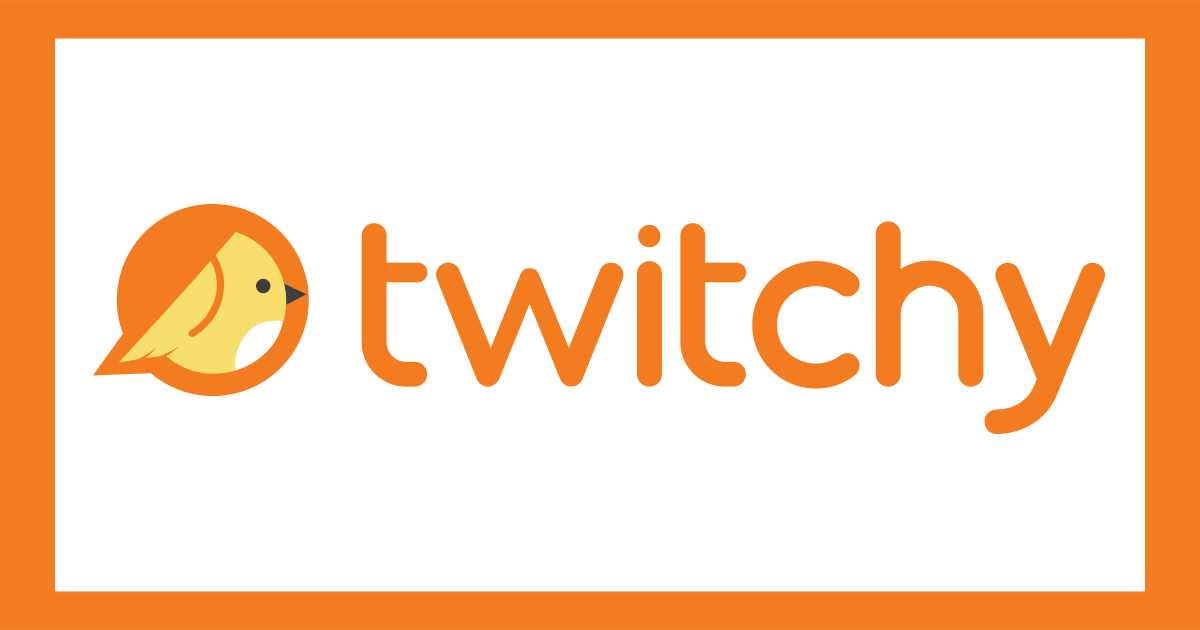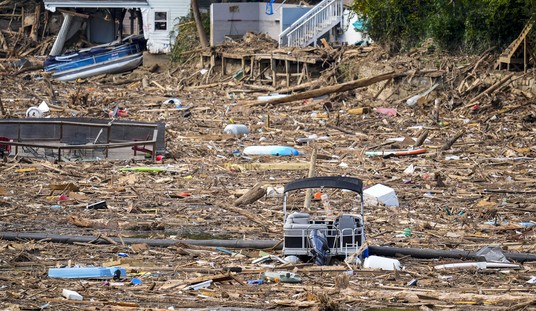We live in some pretty tumultuous times right now. So it’s especially important that we cling to some of the traditions that have brought us so much comfort and stability. Traditions like … chemsex:
Is it finally time to destigmatise chemsex? | @MichelleLhooq https://t.co/fvPp7ITb7S
— UnHerd (@unherd) February 13, 2023
Well, that depends … what the hell is “chemsex”? Let’s find out, shall we? Michelle Loocq, a “drugs + nightlife journalist,” writes at Unherd:
When people gather anonymously to talk about dancing in the shadow of drugs and sex, the energy in the room glows with a warm ball of white light. This feeling, I think, must be the immanence of healing. So much shame and secrecy is still attached to chemsex — a term that refers to using substances such as methamphetamine, GHB/GBL, and newer synthetic drugs such as 3-MMC while engaging in casual and often group sex. To evade public scrutiny, the act is often facilitated online using coded language (“Party and Play,” “PnP,” “Tina”) or even specific emojis (diamond, rocketship). Rarely is this subject discussed beyond hookup apps — and even less so outside the gay male scenes where the term originates from.
OK, so, if we’re understanding this correctly, chemsex is getting high on dangerous drugs and having unprotected sex, ideally with multiple people in a group setting. Why … why is it even a question if it should be destigmatized?
Is it time to destigmatize doing a ton of meth and having gay orgies? No. No it's not. pic.twitter.com/JmMAd7pzjX
— Grayson Quay ⚓️ (@hemingquay) February 13, 2023
Recommended
As far as we’re concerned, it’s never time to destigmatize doing drugs and having sex with randos. But maybe that’s just how we were raised.
Untangling the ways drugs can modulate pleasure, dampen the voices of our inner critics, and foster a kind of dark intimacy is still such a sensitive topic — and the movement to destigmatise chemsex is, in many ways, still in its infancy. As a woman, I am also not the traditional demographic that is typically “allowed” to even discuss this concept, let alone in these expansive terms. In fact, Stuart has accused folks who use this term but do not identify as gay men of cultural appropriation.
But like a growing number of academics in the field, I believe this framework should include a wider population — because as the discussion in New York suggested, many other social groups already engage in these practices for similar reasons as gay or bisexual men, yet are under-represented in current research. Adopting a broader and more intersectional lens to the study of drug use and sex could allow a deeper understanding of how the dense mesh of governing power structures both shape and curtail our desires. It could also help us to understand how this practice reflects the historical and social contexts from which they emerge — including the pharmaceuticalisation of sexuality, contemporary culture of endless self-enhancement, and crisis of intimacy under neoliberal individualism.
That’s a lot of big words to say “Please don’t take me seriously or listen to me at all.”
— Hvarl Redblade (@HvarlRedblade) February 13, 2023
Sometimes a conversation isn’t necessary. Because sometimes there’s no conversation to be had.
Thanks but we're full up on cursed degenerate nonsense at the moment pic.twitter.com/Et5ikRzDOo
— The Mercurian (@xerophagist) February 13, 2023
Usually if something is stigmatized, most people have heard of the thing (since the majority of people are who create a stigma), unlike "chemsex". But we should stigmatize it for the first time, thanks
— Duffyevsky ☦ 🇷🇺 (@TheIllegit) February 13, 2023
Yeah, we’re good with a stigma around chemsex.
In the meantime, just to be extra safe:
Send the meteor https://t.co/FIRuETB5VN
— Bonchie (@bonchieredstate) February 13, 2023
My response to that: pic.twitter.com/0E1RGxizHN
— AbsolutelyNotChar (@BiggsBriteliter) February 13, 2023
***
























Join the conversation as a VIP Member